In the Media
-
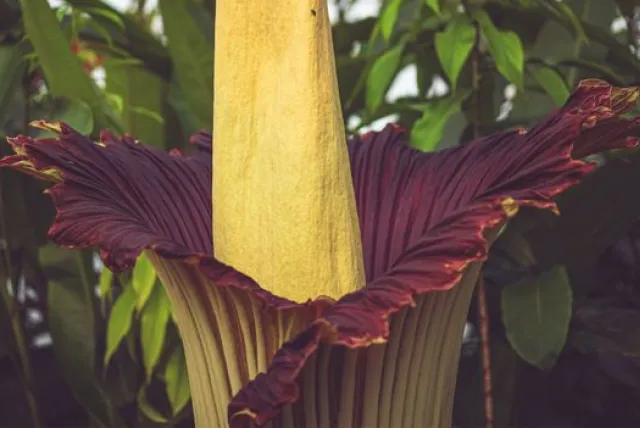 BBC
BBCA rare brief flowering of the enormous smelly corpse plant
A 2023 study co-authored by CHBE Associate Professor Dr. Jane Hill studied how the volatile organic compounds emitted by corpse plant change through flowering.
-
 Times Colonist
Times ColonistSalish Sea too noisy for endangered resident orcas to hunt successfully, according to new research
A MECH study found that the sound of a shipping freighter’s propeller at close range can lead to stress, hearing loss and feeding problems for mammals.
-
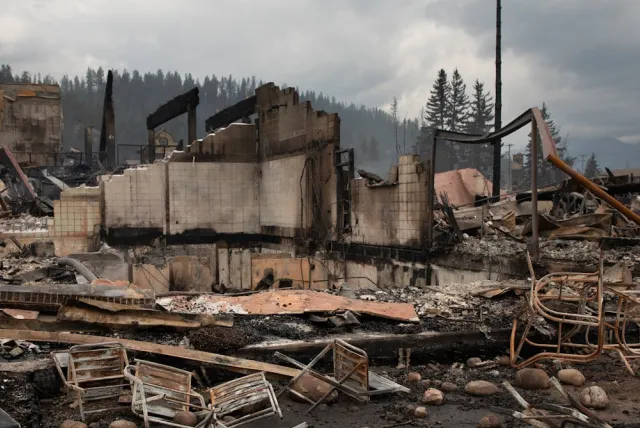 The Conversation
The ConversationWhat is societal collapse? The past can help us understand our future, but only to a point
MECH Assistant Professor Dr. Amanda Giang co-wrote about how lessons from historical societal collapse can help us understand our future up to a point.
-
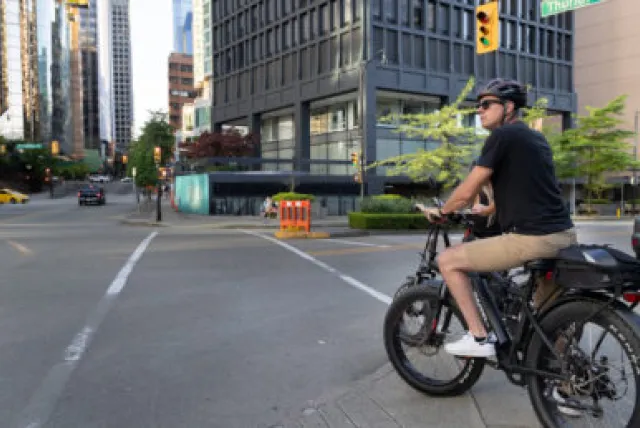 Daily Hive
Daily HiveFree money from e-bike incentives not just great for our wallets: UBC study
CIVL Associate Professor Dr. Alex Bigazzi found that the Saanich e-bike pilot program led to a decrease in car travel and carbon emissions.
-
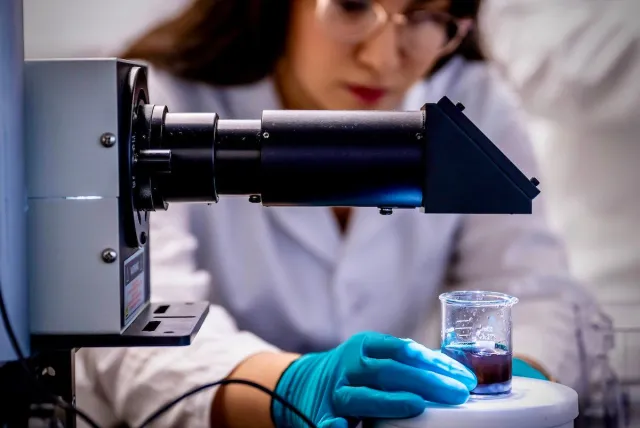 National Observer
National ObserverUBC engineers may have the solution to 'forever chemicals' in drinking water
CHBE Associate Professor Dr. Johan Foster and his research team have created a method that both catches and destroys PFAS, also known as "forever chemicals."
-
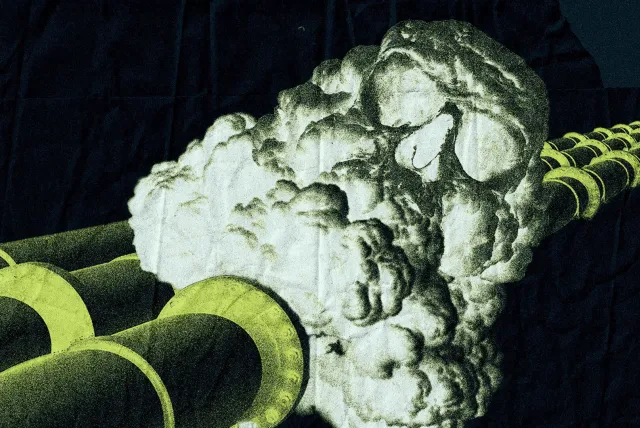 National Observer
National ObserverWill you be in the carbon capture ‘kill zone’?
MECH Assistant Professor Dr. Alex Tavasoli discussed the safety of carbon dioxide pipeline infrastructure.
-
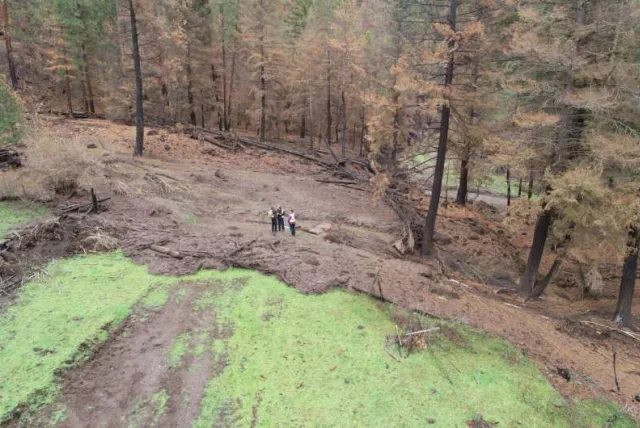 Phys.org
Phys.orgAfter wildfires, mudslides come: Fighting the impact of climate change on rural communities
SOE Professor Dr. Dwayne Tannant's industry-leading expertise on managing debris flows was outlined in detail.
-
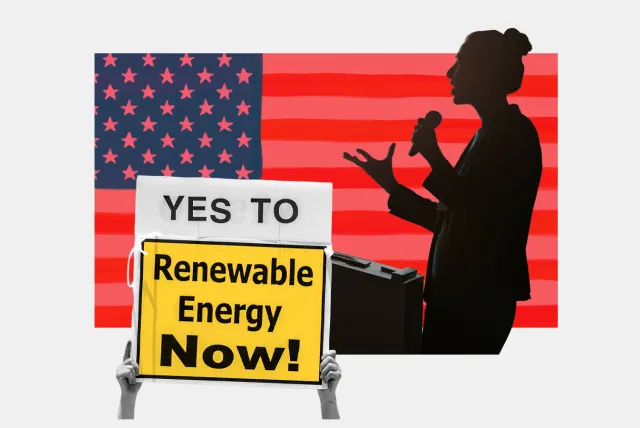 Grist
GristPoliticians don’t get how popular climate action is. That’s a problem
SCARP Assistant Professor Dr. Holly Caggiano's research suggests officials tend to underestimate support for renewable energy projects.
-
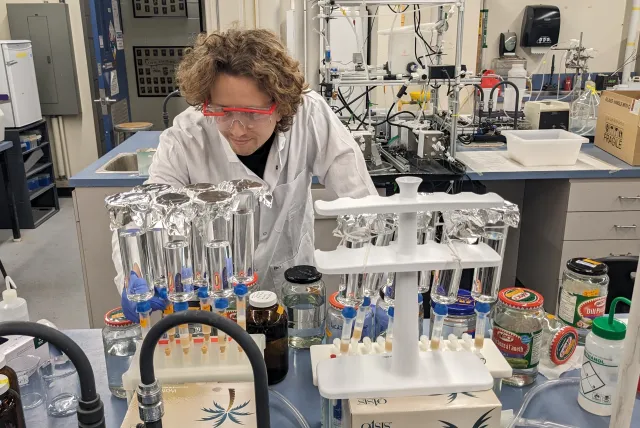 National Observer
National ObserverOur tires shed toxins that kill fish. Here's a partial fix
CIVL researchers Drs. Rachel Scholes and Timothy Rodgers are studying how rain gardens can help prevent a toxic tire chemical from entering our waterways.
-
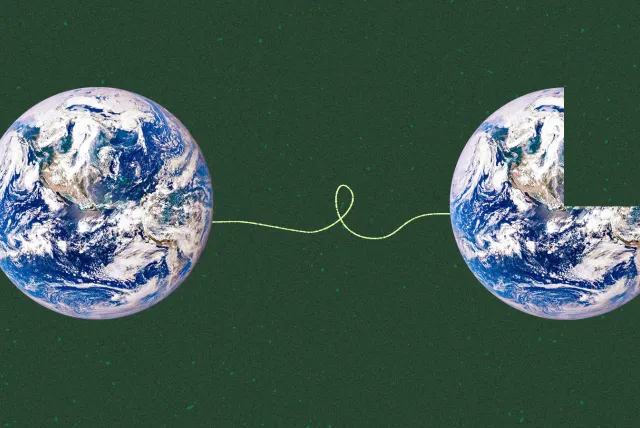 Grist
GristWe're in debt to the Earth. How can we repay it?
SCARP researchers Drs. Mathis Wackernagel and William Rees created a metric called the ecological footprint in the early 1990s.